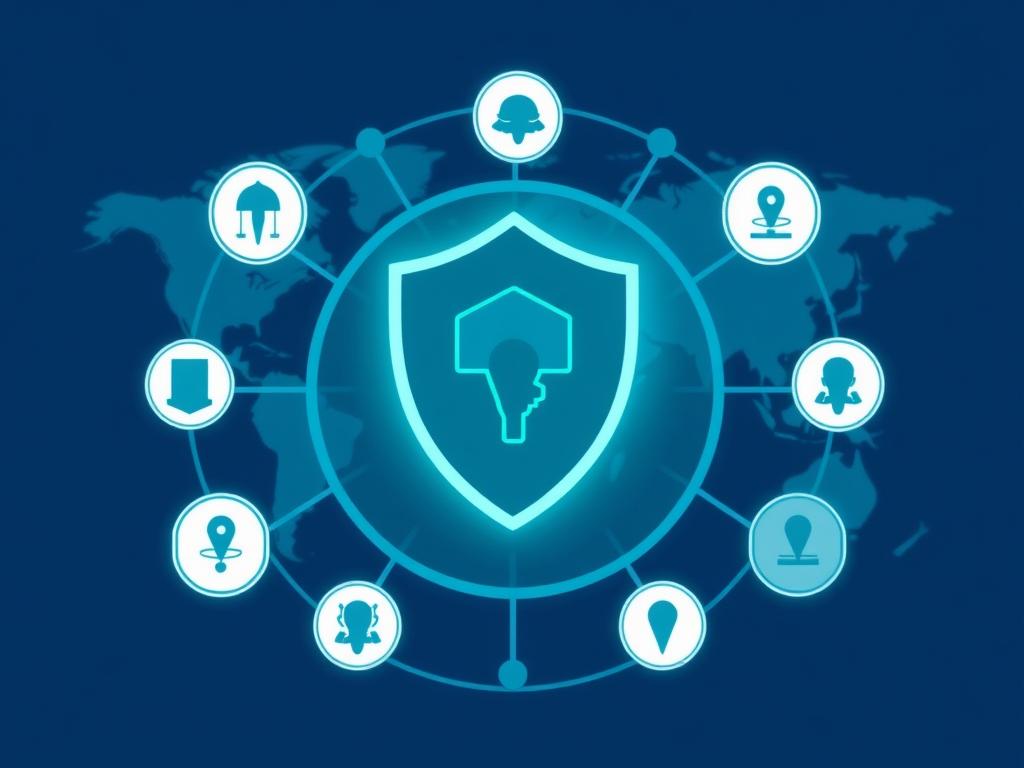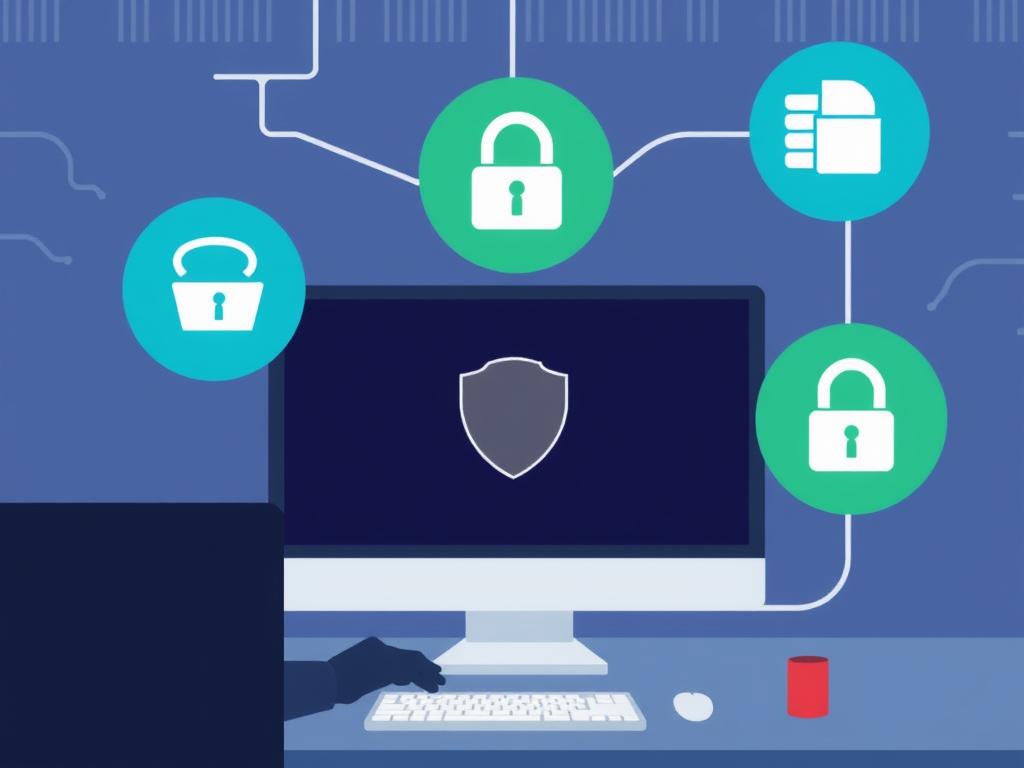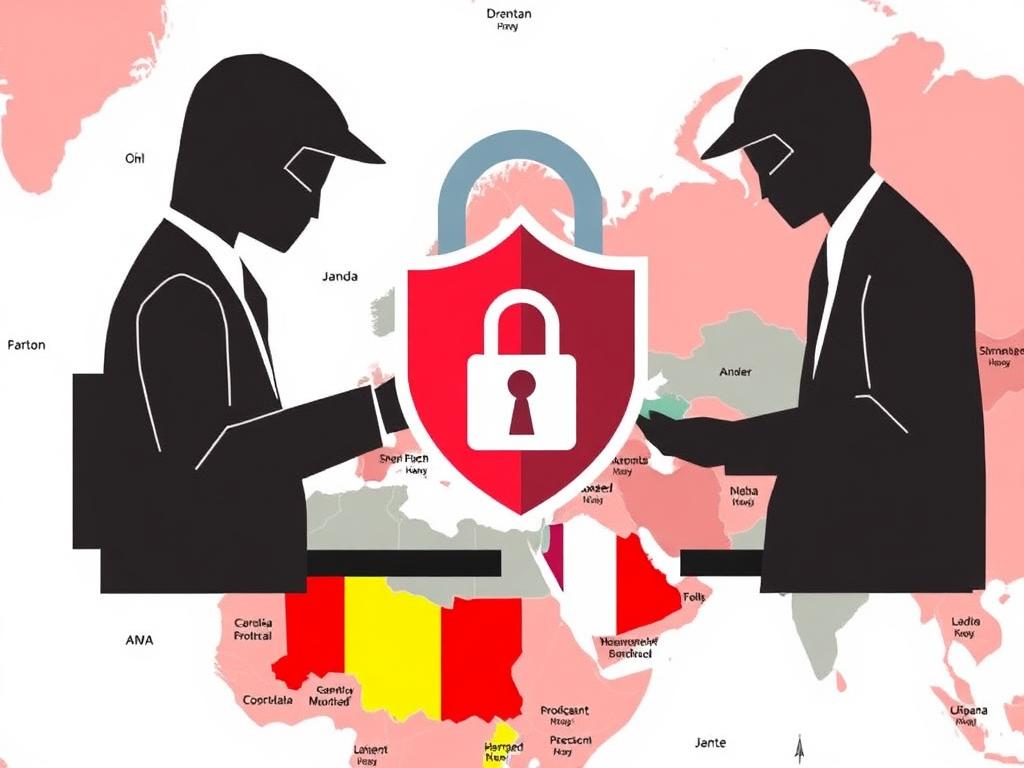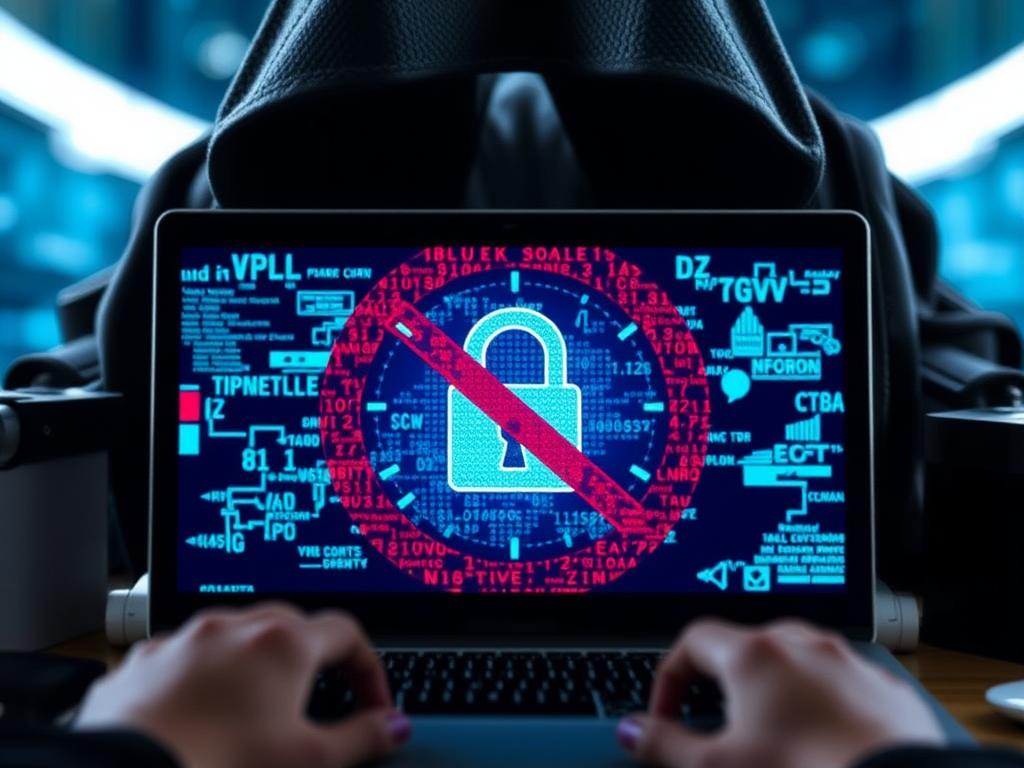In today’s hyper-connected world, privacy has become a precious commodity. Governments across the globe have ramped up their surveillance efforts, monitoring internet activity more closely than ever. Whether for national security or control, this surveillance can put your personal freedom and privacy at risk. That’s why understanding how to protect yourself is crucial. Enter Virtual Private Networks, or VPNs. These digital tools help shield your online activity from prying eyes, including government agencies. In this article, we’ll explore the best VPNs for protection against government surveillance, how they work, and what features you should prioritize to stay safe online.
What Is Government Surveillance and Why Should You Care?
Government surveillance refers to the monitoring of individuals’ internet activity by authorities. This can range from tracking website visits and emails to collecting metadata and even breaking encryption. Often justified as a measure to combat terrorism and cybercrime, surveillance can quickly cross the line into infringing on privacy rights. The consequences? Loss of anonymity, unjustified data collection, and even persecution in countries with authoritarian regimes.
Governments with extensive surveillance programs include the United States, China, Russia, and many others. Depending on where you live or travel, your internet use might be watched or recorded, sometimes without your knowledge. This makes it essential to take proactive measures to protect your online privacy. Using the best VPN for protection from government surveillance is one of the most effective ways to do so.
How VPNs Work to Shield You From Government Tracking
At its core, a Virtual Private Network creates a secure, encrypted “tunnel” between your device and a server operated by the VPN provider. When you use a VPN, your internet traffic is routed through this tunnel, masking your real IP address and encrypting your data. This means that any entity trying to spy on your online behavior, including governments, only sees encrypted traffic and the IP address of the VPN server—not your true location or online activity.
Here’s a quick breakdown of what a VPN does to protect your privacy:
- Encrypts Data: Makes all your internet data unreadable to outsiders.
- Hides IP Address: Prevents tracking by masking your real location.
- Bypasses Censorship: Helps access content blocked or restricted by governments.
- Protects on Public Wi-Fi: Secures your connection from hackers and snoopers on public networks.
While VPNs are not a one-stop solution for complete anonymity, they significantly raise the barrier for government agencies attempting to monitor or censor your online activities.
Key Features to Look for in the Best VPNs for Government Surveillance Protection
Not all VPNs are created equal, especially when it comes to protecting against government surveillance. Here are the main features you need to focus on:
| Feature | Why It Matters | Example |
|---|---|---|
| Strong Encryption (AES-256) | Ensures your data can’t be decrypted by outsiders | AES-256-bit encryption is the gold standard |
| No-logs Policy | Prevents VPN providers from storing data that could be handed to governments | Providers with audited no-logs guarantees |
| Kill Switch | Automatically cuts your connection if VPN disconnects to avoid data leaks | Essential for uninterrupted privacy |
| Multi-hop Servers | Routes traffic through multiple servers for extra anonymity | Double VPN options |
| Obfuscation Technology | Makes VPN traffic look like regular internet traffic, helping bypass VPN blocks | Stealth mode or obfuscated servers |
| Based in Privacy-Friendly Jurisdictions | VPNs based outside surveillance-heavy alliances avoid intrusive data requests | Locations like Panama, Switzerland, or the British Virgin Islands |
When searching for the best VPN for protection from government surveillance, ensure these features are part of the package.
Top VPNs Recommended for Protection Against Government Surveillance
Now that we know what to look for, let’s examine some of the best VPNs for protecting your online privacy against government scrutiny. These providers have proven reputations for security and privacy.
1. ExpressVPN
ExpressVPN ranks consistently high for its robust security features and reliable performance. It uses AES-256 encryption, a strict no-logs policy independently audited, and offers a kill switch. Based in the British Virgin Islands, it operates outside of the Five Eyes surveillance alliance. Moreover, ExpressVPN uses obfuscated servers that can bypass VPN blocks imposed by governments, making it a favorite for users in restrictive countries.
2. NordVPN
NordVPN provides double VPN servers for multi-hop encryption, enhancing your anonymity. It has an audited no-logs policy and strong leak protection features. Based in Panama, NordVPN is shielded from international data-sharing alliances. The provider also offers obfuscated servers and a reliable kill switch, making it a trustworthy option for blocking government surveillance.
3. ProtonVPN
Developed by the team behind ProtonMail, ProtonVPN focuses heavily on privacy. Located in Switzerland, a country with strong privacy laws, ProtonVPN offers Secure Core servers that route your traffic through privacy-friendly countries. It supports industry-standard encryption and a strict no-logs policy. ProtonVPN also includes Tor over VPN features, making it a solid choice against advanced government tracking.
4. Surfshark
Surfshark is known for its unlimited devices policy and competitive pricing without compromising on security. It utilizes AES-256 encryption, a verified no-logs policy, and offers a kill switch. Surfshark’s Camouflage Mode disguises VPN traffic to help maintain access in countries with VPN restrictions.
5. Mullvad

Mullvad goes an extra step by allowing anonymous account creation without any personal details, perfect for those desperate for privacy. Headquartered in Sweden, it maintains a strict no-logs policy and uses strong encryption standards. Mullvad supports multi-hop connections and regularly undergoes public security audits.
Why Free VPNs Are Not a Good Option Against Government Surveillance

It might be tempting to opt for free VPN services to stay protected. However, free VPNs often come with hidden costs that could threaten your privacy rather than enhance it. Many free VPNs log your data to sell to advertisers, have weak encryption, or inject ads and malware. They’re typically slow, and some are outright scams designed to capture your data.
Specifically for government surveillance protection, these downsides could mean your data ends up in the wrong hands. For serious privacy concerns, it is wiser to invest in a reputable paid VPN service offering top-tier protection.
How to Use a VPN Effectively to Maximize Protection
Having the best VPN for protection from government surveillance is only half the battle. You need to know how to leverage it properly:
- Always Connect to the VPN: Turn on your VPN every time you go online, especially on public or untrusted networks.
- Use Kill Switch: Ensure that the kill switch feature is enabled to prevent accidental data leaks.
- Choose Obfuscated Servers: When in countries with strong VPN-blocking efforts, use stealth or obfuscated servers.
- Keep VPN Software Updated: Regular updates include patches for vulnerabilities.
- Combine with Other Privacy Tools: Use secure browsers, encrypted messaging apps, and avoid sharing personal info online.
Taking these steps in addition to using a trusted VPN helps create a strong shield against government monitoring.
Countries Where VPNs Are Essential for Privacy

If you live or travel to certain countries, a VPN isn’t just a luxury; it’s a necessity. These nations have some of the strictest internet surveillance and censorship systems that governments enforce extensively:
- China
- Russia
- Iran
- North Korea
- United Arab Emirates
- Turkey
In these locations, unrestricted internet access is limited, and VPN usage might itself be regulated. Selecting a VPN with obfuscation, strong privacy policies, and servers near the region is crucial for bypassing surveillance.
Balancing Privacy, Speed, and Usability
While security is paramount, nobody wants to sacrifice speed or ease of use. The best VPNs for government surveillance protect your privacy without drastically slowing down your connection or complicating use. Features like a user-friendly interface, wide server network, and responsive customer support enhance your overall experience. For example, ExpressVPN and NordVPN offer a good balance of speed, security, and usability, making them popular choices worldwide.
Summary Table: Comparing Top VPNs for Government Surveillance Protection
| VPN Provider | Jurisdiction | No-Logs Policy | Obfuscation | Multi-hop | Kill Switch | Price Range |
|---|---|---|---|---|---|---|
| ExpressVPN | British Virgin Islands | Audited | Yes | No | Yes | $$$ |
| NordVPN | Panama | Audited | Yes | Yes | Yes | $$ |
| ProtonVPN | Switzerland | Yes | Limited | Yes | Yes | $$ |
| Surfshark | British Virgin Islands | Verified | Yes | No | Yes | $ |
| Mullvad | Sweden | Strict | Yes | Yes | Yes | $$ |
Final Tips for Enhancing Your Online Privacy
Besides using a top VPN for protection from government surveillance, consider these privacy best practices:
- Use strong, unique passwords and enable two-factor authentication.
- Prefer encrypted communication apps like Signal for messaging.
- Avoid using public Wi-Fi without a VPN.
- Stay cautious about what personal information you share online.
- Regularly clear cookies and browsing history or use private browsing modes.
Combining these habits with a powerful VPN greatly reduces the risk of falling victim to government monitoring.
Conclusion
Protecting yourself from government surveillance may feel like an uphill battle, but the right VPN can make a world of difference in safeguarding your online freedoms. Choosing the best VPN for protection against government surveillance requires looking beyond just price and speed—you need robust encryption, a strict no-logs policy, kill switch functionality, and obfuscation features. Providers like ExpressVPN, NordVPN, ProtonVPN, Surfshark, and Mullvad stand out as reliable options. Coupled with vigilant online behaviors, these VPNs help keep your data private and your identity secure in a world increasingly dominated by digital monitoring. Prioritizing your privacy with these tools gives you back control over your internet experience and peace of mind in an uncertain digital landscape.
